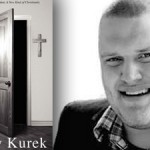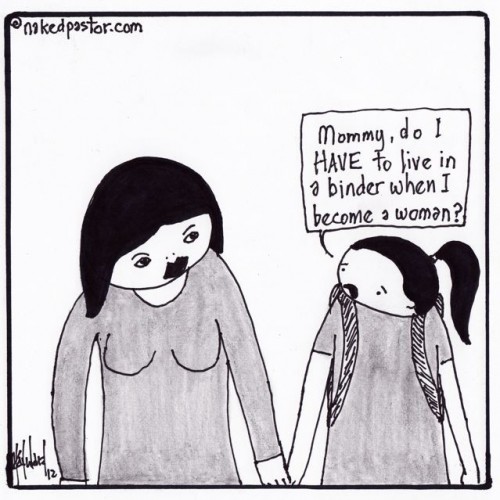Listen to this passage from N. T. Wright’s, What Saint Paul Really Said:
“A brief word about love. Paul does not mean that all Christians should feel warm fuzzy feelings for each other. That romantic and existentialist reading of agape does not begin to capture what is really going on. The critical thing is that the church, those who worship God in Christ Jesus, should function as a family in which every member is accepted as an equal member, no matter what their social, cultural or moral background. The very existence of such a community demonstrates to the principalities and powers, the hidden but powerful forces of prejudice and suspicion, that their time is up, that the living God has indeed won the victory over them, that there is now launched upon the world a different way of being human, a way in which the traditional distinctions between human beings are done away with. That is why we find in Ephesians the climactic statement: the purpose of the gospel is that ‘through the church the manifold wisdom of God might be made known to the principalities and powers in the heavenly places’ (Ephesians 3:10). The very existence of a community of love, love where before there was mutual suspicion and distrust, is the crucial piece of evidence that tells Paul that God’s spirit has been at work (Colossians 1:8)†(p. 146).
Pastors, do you HEAR this? Church members, do you HEAR this?
I believe true unity, the kind of unity that can only be made manifest in the climate of Wright’s statement above, does not necessarily feel warm and fuzzy. True unity is something that has already been accomplished in the cross of Christ (Ephesians 2: 14), and continually sustained by the Spirit. Our assignment, if we choose to accept it, is to practice it (Ephesians 4:3). I’ve experienced division in the church, and some of it quite ugly. What usually follows is pressure from well-wishers to restore the warm, fuzzy feelings that were obviously lost. I’ve never felt that was necessary because I’m certain that the truest unity at the deepest level wasn’t severed. It is true that “mutual suspicionâ€, “distrustâ€, and “prejudice†need to be fought against. What I’ve discovered is that the spirit of distrust, prejudice, and suspicion prospers in the church more than anywhere else, because many believe that the church is THE place where people are categorized according to their morals, ideologies, theologies, lifestyles, opinions, and so on. The church quickly becomes a place where people are distinguished from each other, often with judgment following close on its heels.
This topic gets tricky because the Spirit challenges us to practice unity. Do we practice unity with those who practice disunity? Do we practice unconditional love with those who love conditionally? Do we practice trust with people who distrust others? The bible says have nothing to do with a divisive person. Often that is translated to mean anyone who tries to overthrow a pastor or break up a congregation. But I now believe a divisive person is anyone who excludes people based on their differences. The catch-22: do we exclude exclusivists?
Wright continues later in the book:
“… (we must tell them), in the name of Jesus, that there is a different way of being human, a way characterized by self-giving love, by justice, by honesty, and by the breaking down of the traditional barriers that reinforce the divisions which keep human beings separate from, and as often as not at odds with, one another. And, of course, it is no good saying all this if the church is not saying it by its very life. As I shall suggest presently, this message is at its most powerful when it is presented in symbols and praxis, not merely in dogma and story†(pp. 154ff).
He continues:
“Any attempt to define church membership by any other than allegiance to Jesus Christ is, quite simply, idolatrous… It is by the church living as the one believing community, in which barriers of race, class, gender and so forth are irrelevant to membership and to holding office, that the principalities and powers are informed in no uncertain terms that their time is up, that there is indeed a new way of being human†(p. 161).
So, here at Rothesay Vineyard, my home church, we probably err on the side of trying to practice unconditional love. What more can be said? What more can be done?











